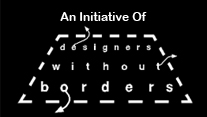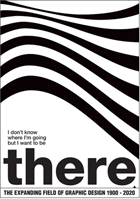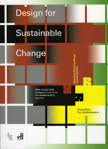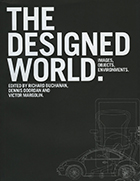David Stairs
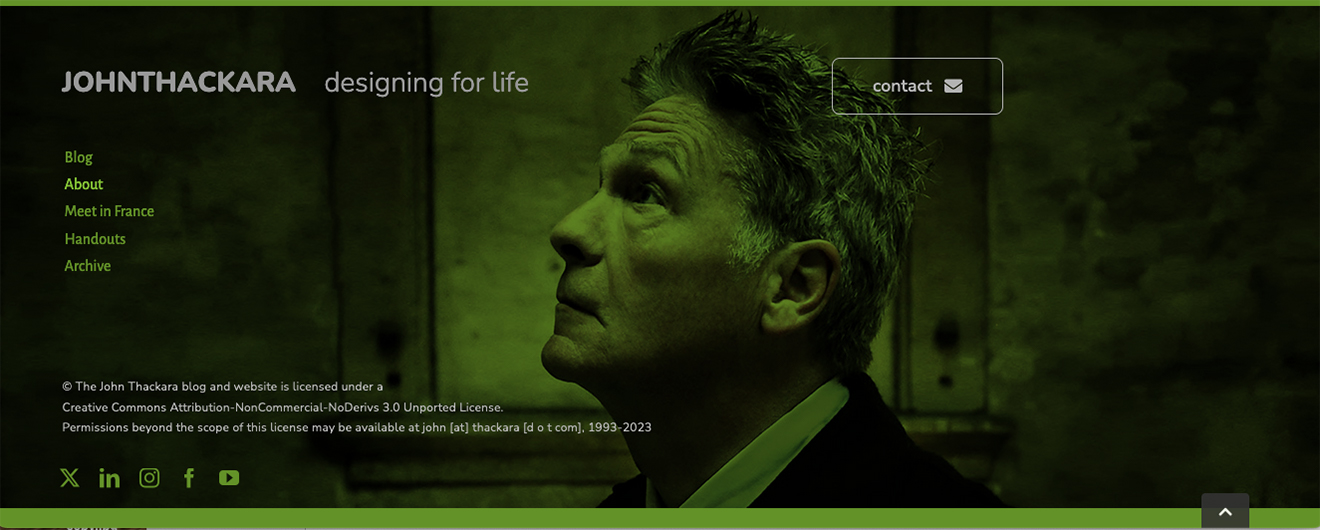
With each passing year, as the realization is brought home to us just how misdirected industrial capitalism is, the names of certain visionaries come to mind as exemplars of how we need to think in order to design the survival of humanity. Note I did not say “salvage life as we know it,” because there has to be some question whether our current civilization is worth preserving.
Most people will readily think of Darwin when they search for a precursor who taught us how to better understand our world. Fewer think of Ernst Haeckel, the biologist who gave us the notion and term “ecology.” I’d like to suggest that this concept is every bit as important as Darwin’s insights about evolution, and perhaps more important for those wanting to conceive of a world in holistic terms.
Our civilization is so good at assigning us specialties and arranging us in silos, including design silos. My friend John Thackara has been fighting against such assignment for 30 years. Coming at design from the point of view of a writer, he first launched his Doors of Perception chatauquas in 1993. For many years John has been devoted to the idea of bioregionalism, of designing a society in harmony with the local natural environment, Haeckel’s oikos, or home, and the semiologist Jakob von Uexküll’s umwelt, or self-centered world, a term for the relationship of an individual creature to its surroundings.
Living in the south of France where he sponsors live-in workshops at his home in Gagnes, Thackara also has a peripatetic career as a speaker, conference goer, and “expert-for-hire” in the area of sustainable design. In what is now an over ten-years-old essay entitled Oil-Powered Thinking Thackara held forth on a conference he attended in 2012 at the V&A in London called Design and Risk.
Listening to sociologist Ulrich Beck, Thackara was struck by the extent to which risk managers avoid whole systems thinking in favor of immediate risk transferal. It strikes him as a metaphor for the way our extraction-based civilization practices magical thinking, offloading environmental disaster anywhere other than in our own backyard— in this case, on the future. I wanted to tell John he was sounding a lot like another John, the anarcho-primitive American philosopher John Zerzan, who describes our society as being “on a death trip.”
What design writers like Thackara, and the Italian academic Ezio Manzini are trying to do is commendable. For too long the design profession has held a narrow definition of what sustainability is or ought to be, basing it upon the bottom lines of corporations rather than preservation of our finite biosphere. That people are worried about the environment is no longer good enough. If you aren’t thinking about the future of food, water, and energy, as well as collective well-being of all life on earth, then you need to expand your purview.
A good place to start would be at Thackaras’s website, JohnThackara designing for life. For Thackara and others like him, it’s a matter not only of sanity, but of survival.
David Stairs is the founding editor of the Design-Altruism-Project.

